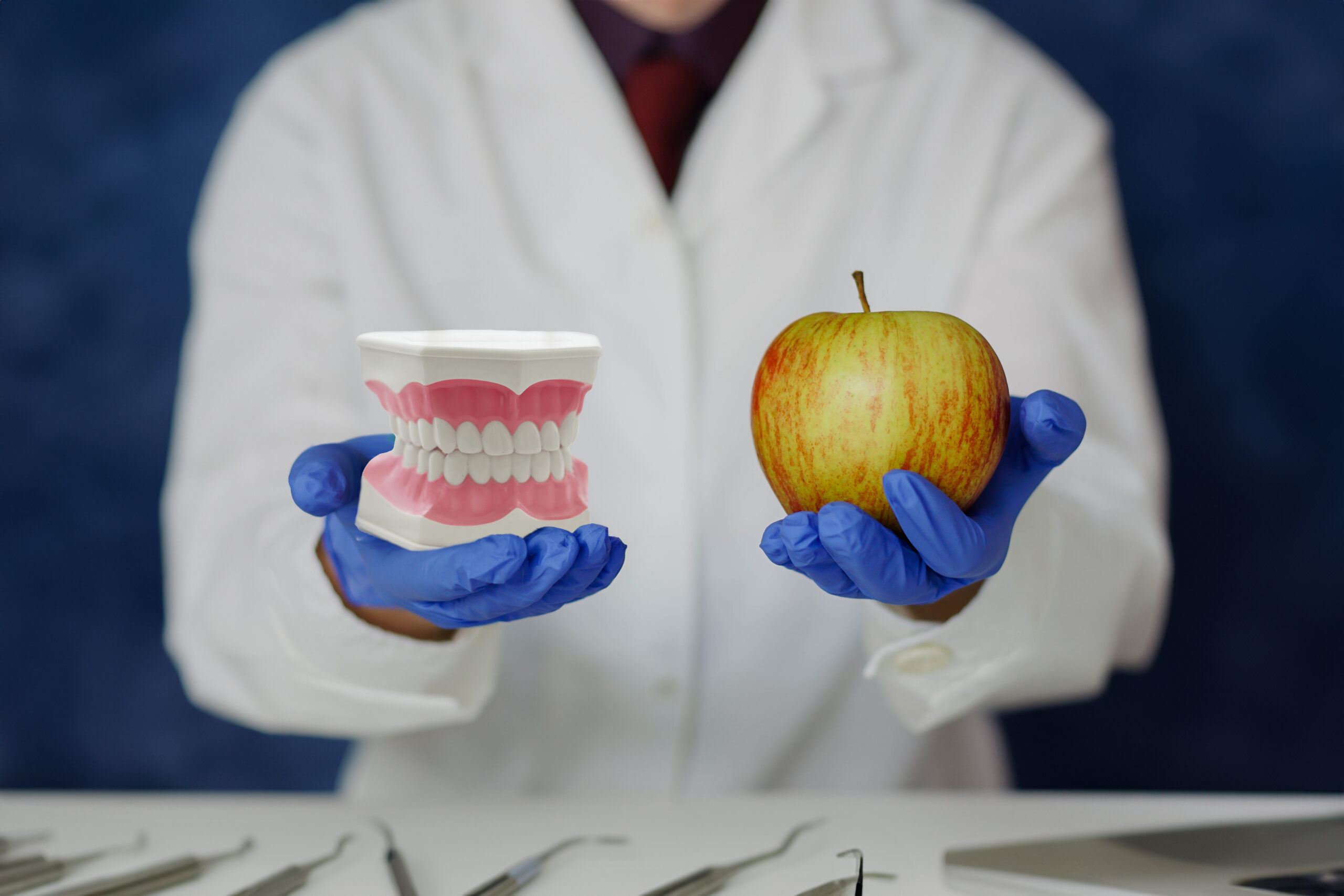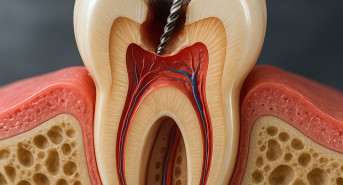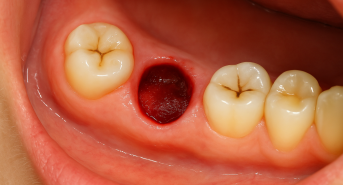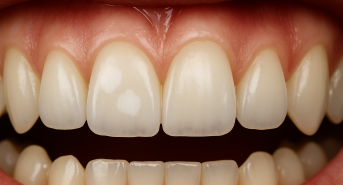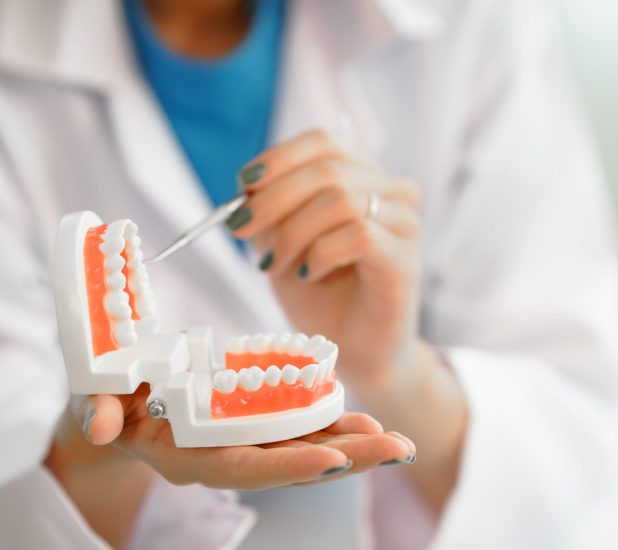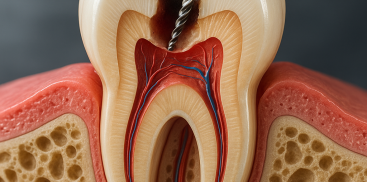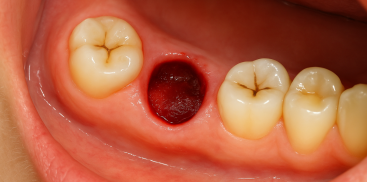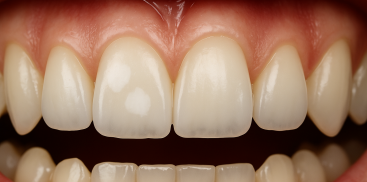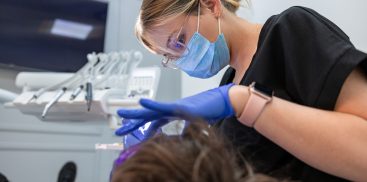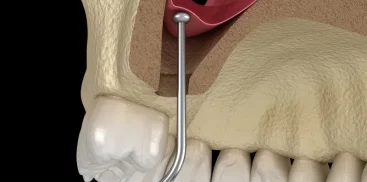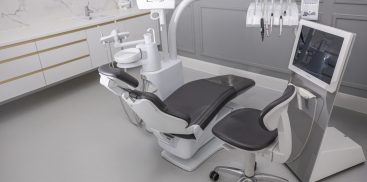Can food penetrate underneath dental implants?
For many patients, one of the most common complaints related to removable and partial bridges is that small food particles can get trapped between the prosthesis and the gums. Food residues often linger in the oral cavity, leading to inflammation, mucous membrane irritation, and bad breath. Additionally, when food gets under the prosthesis during chewing, it can cause pain or discomfort. Implant-supported prostheses provide comfortable and enjoyable eating, eliminating these discomforts.
Does food get under individual dental implants?
Dental implants with a single crown completely restore the function and shape of the lost tooth. After rebuilding a single tooth with a dental implant and crown, the patient does not experience discomfort while eating, which could be caused by food getting under the prosthesis. If the crown is properly secured, there should be no space underneath where food residues could accumulate. If plaque still builds up under the crown, causing discomfort, it may indicate errors in the planning and placement of the implant or crown. In such a situation, it is necessary to consult with a specialist. For complex clinical cases, the use of personalized abutments is often recommended, allowing for a more precise fit of the crown to the implant and reducing the risk of misalignment. Proper shaping of the gum contour, especially around the front teeth, also affects the quality of prosthetics.
Dental implants are typically made of titanium alloy, characterized by high biocompatibility and safe integration into the jawbone. After placing the crown on the implant, high-quality shaping of the gum contour prevents food from getting under the gum. Nevertheless, patients should regularly maintain oral hygiene and thoroughly clean the gum areas adjacent to the implant to avoid inflammation of the surrounding tissues. Regular visits to the dentist are essential for prevention and for conducting professional hygiene procedures.
Does food get under implants-supported prostheses?
Fixed prostheses on implants provide comfort while chewing as they are stably supported by artificial abutments. There are different types of prostheses tailored to the patient’s gum condition, which may affect how food can get trapped under the prosthesis frame. However, regardless of this, it should not cause painful sensations during prosthesis usage.
After implantation of a dental implant, the doctor provides recommendations for care and informs the patient how to properly maintain the implant. Modern constructions are easy to clean, resistant to external factors, and ensure secure retention in the mouth, eliminating the risk of slipping or breaking. Daily hygiene can be maintained using a toothbrush and toothpaste, with special attention to the gum areas adjacent to the implant. It is also recommended to use dental floss and an irrigator according to the specialist’s instructions.
Using an irrigator gently removes plaque from the surfaces of teeth and gums while massaging the mucous membrane and stimulating blood circulation, contributing to the improvement of the mucous membrane’s condition and preventing the development of diseases.
We invite you to our dental clinic Warsaw Dental Center in Warsaw, where we provide comprehensive dental care. We also encourage regular check-up visits, during which our specialists will take care of your dental health and provide necessary advice on oral hygiene.
